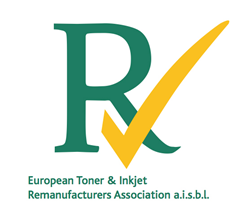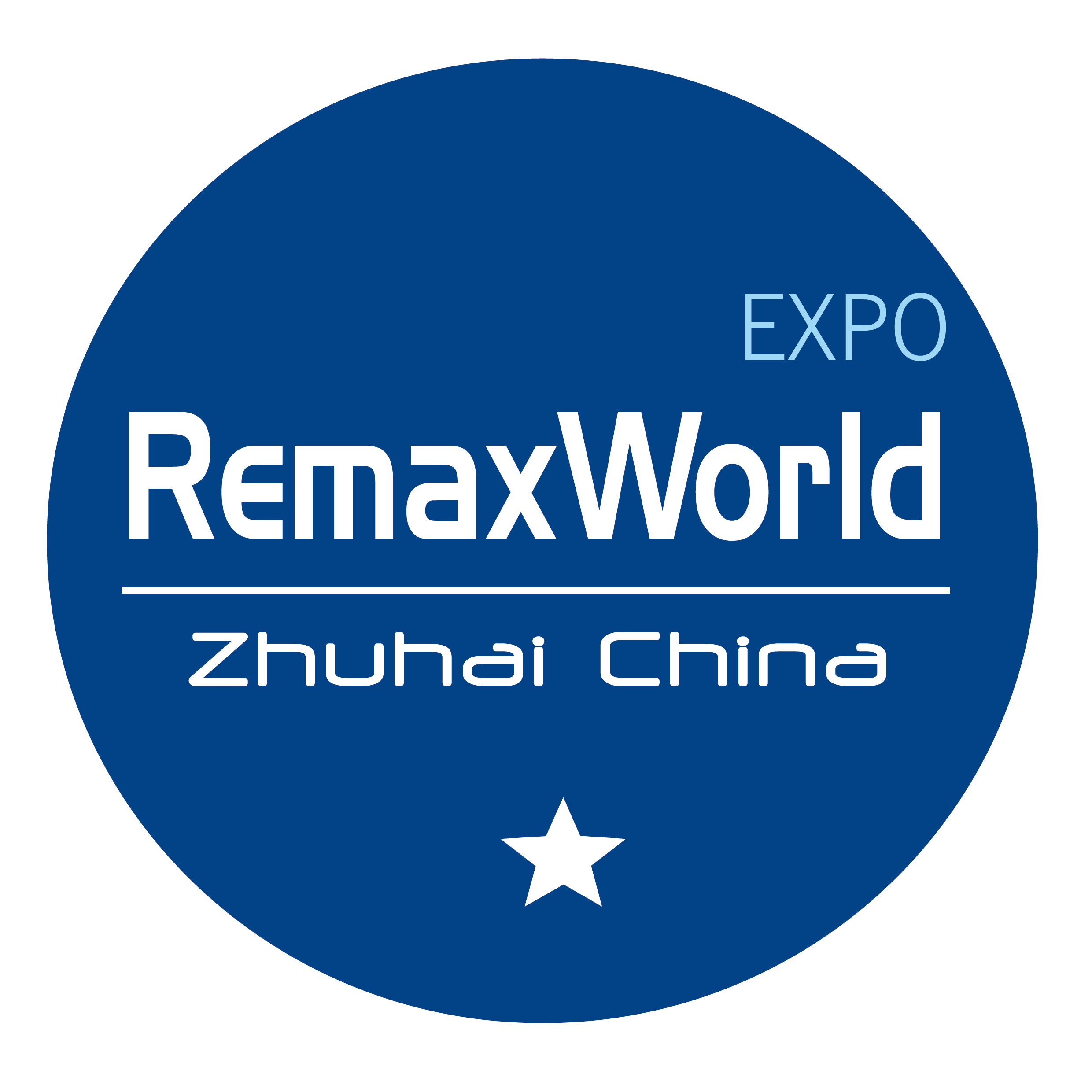Growing its Presence in South America
 In an ever-changing global imaging industry, a Brazilian entrepreneur has purchased a Chinese company. Rodolfo Villas Boas, CEO of RHB Import (“RHB Import”), has entered the aftermarket in a unique way. What motivated this unusual combination? RT Media sought the answers.
In an ever-changing global imaging industry, a Brazilian entrepreneur has purchased a Chinese company. Rodolfo Villas Boas, CEO of RHB Import (“RHB Import”), has entered the aftermarket in a unique way. What motivated this unusual combination? RT Media sought the answers.
RT Media:
Why did you acquire a Chinese imaging supplies manufacturer?
Rodolfo Villas Boas:
We are aiming to continuously strengthen the brand of RHB in the South American market. (RHB are Villa-Boas’ initials). RHB IMPORT is the first Brazilian importer and distributor of compatible consumables for the print outsourcing market, or the market that rents printers to end-users.
RHB has been in the South American market for more than 20 years and is recognized as an industry leader in meeting the needs of small, medium and large distributors of imaging consumables. We are also well known for achievements in the importing and distributing of products, as well as exporting into the Southern Common Market, a trading block of South American countries.
The RHB brand already has a certain influence in Brazil. We are known best for our focus on providing a quality product in an MPS environment, not for getting involved in a commodity price brawl. We have a newly-constructed logistics and administrative center in the capital of the province of Paraná; a logistics center in Santa Catarina; and offices in São Paulo, Belo Horizonte and Fortaleza. We also have agents throughout Brazil.
When we needed to expand our supply options, we went to China, because 85 percent of our imports have come from China for the past 20 years. We chose the factory with whom we have done all that business.
With this acquisition, RHB will now also own the major share of a product testing laboratory, which is responsible for the technical development and quality inspection of imaging supplies, in China. We rigorously researched and finally selected this manufacturer and testing laboratory.
After the acquisition, we will continue to pay attention to every step of the production of all products, and strive to provide excellent products to enhance the influence of the RHB brand.
As a result of this partnership, we are further developing the RHB brand, because both our distributors and end users will have a deeper understanding of the consistent and improved quality of imaging supplies that bear the RHB brand.
RT Media:
What difficulties have you encountered during the actual integration process, and how will you solve them?
Rodolfo Villas Boas:
Mutual respect and understanding between the two teams, as well as long-term industry experience, will be a major, essential factor in the success of the transition.
Thus far, due to the differences in our cultural backgrounds, we have discovered that there will be certain difficulties in the integration process, much as might occur after after any multinational acquisition. However, the cultural integration between a Chinese and Brazilian company will be quite challenging. Both cultures are quite unique.
Luckily, both teams have met and overcome these difficulties in the past. RHB Import is an import and export company with an international cultural background of its own. It has been working with Chinese companies for more than 20 years. Through mergers and acquisitions, we have a deeper understanding of the great Chinese culture. The Chinese team has excellent professional industry experience and a very good teamwork spirit, which left a deep, positive impression with the Brazilians. As a result, both teams eventually found a solution to the challenges they faced.
RT Media:
Why did you choose the consumables industry? Why did you choose to acquire a Chinese company?
Rodolfo Villas Boas:
I have always been moved by challenges. And the printing consumables industry is very challenging, and dynamic. Since 1998, RHB IMPORT has been active in this marketplace. We have been working with Chinese companies, and we will continue to seek out Chinese companies with whom to cooperate.
Over the years, dealing with Chinese companies has given me a deeper understanding and feelings about the greatness of Chinese culture, which is based on humility, dedication, cooperation and transparency, among many other encouraging attributes. I have had the honor to build great friendships with other Chinese businessmen, besides this new venture. In 2017, RHB IMPORT was awarded the exclusive rights to distribute Lexmark’s MX/MS series of consumables in Brazil by China’s Ninestar Co., Ltd., the world’s largest compatible consumables manufacturing group.
RT Media:
What do you think is the most important factor in the success of RHB Import in the Brazilian market?
Rodolfo Villas Boas:
I attribute the success of RHB Import to constant searches for innovation in our products and to fully meet the requirements of our customers. Our primary objectives are to follow the evolution and trends of the area, as well as to better serve our customers and ensure their satisfaction.
RT Media:
What is the future of the South American consumables industry?
Rodolfo Villas Boas:
Due to the reduced labor costs and the stability of quality they offer, new compatible consumables will likely catch on as the favored products in the South American printing consumables market. Therefore, our product line is mainly divided into two categories: the standard product line is for all types of distributors or dealers; and the high-performance product line will be for a unique group of companies that require a more specialized product.
We hope that our products can meet the requirements of customers who seek products that offer quality at a reasonable price. We have large warehouses with sufficient inventory to meet the needs of small, medium and large distributors, who require a continuous supply of products in this demanding market.
We are also simultaneously working on developing new models quickly to respond to the ever-changing South American market. The rapid introduction of new products is both an opportunity and a challenge, especially as we meet customer needs, both online and offline.
In short, we are a dynamic company that recognized it had supply needs. And we found the manufacturing operation that could fill all those specialized needs. We just happened to find that company in China. In today’s global marketplace, geographical distinctions are no longer relevant. The universal need for good quality supplies at a competitive price is what’s relevant.



